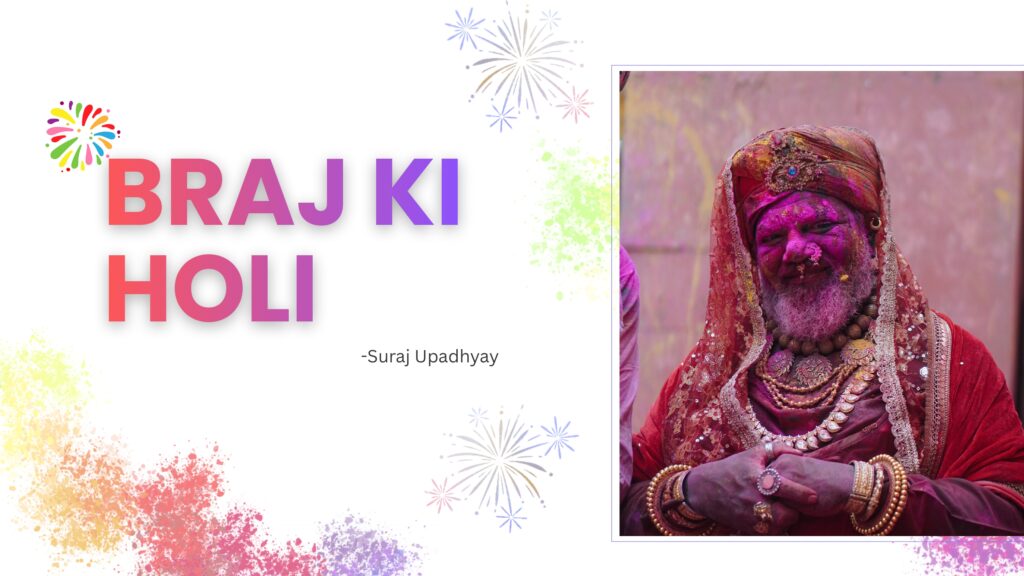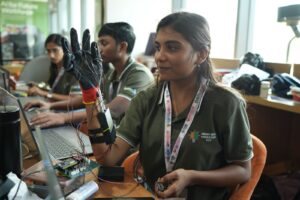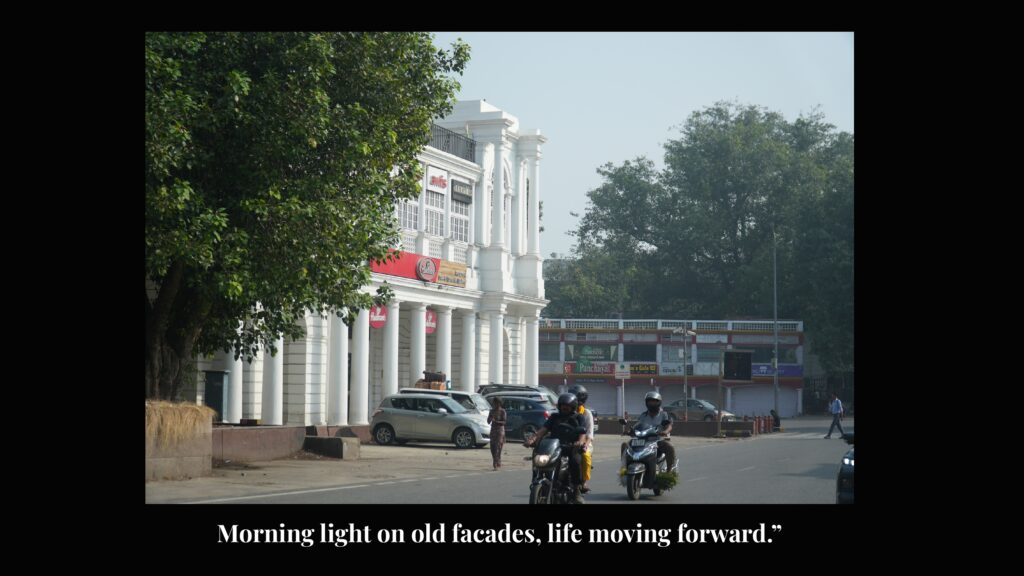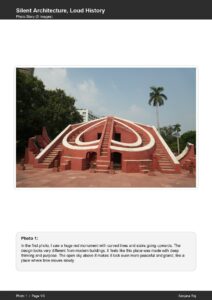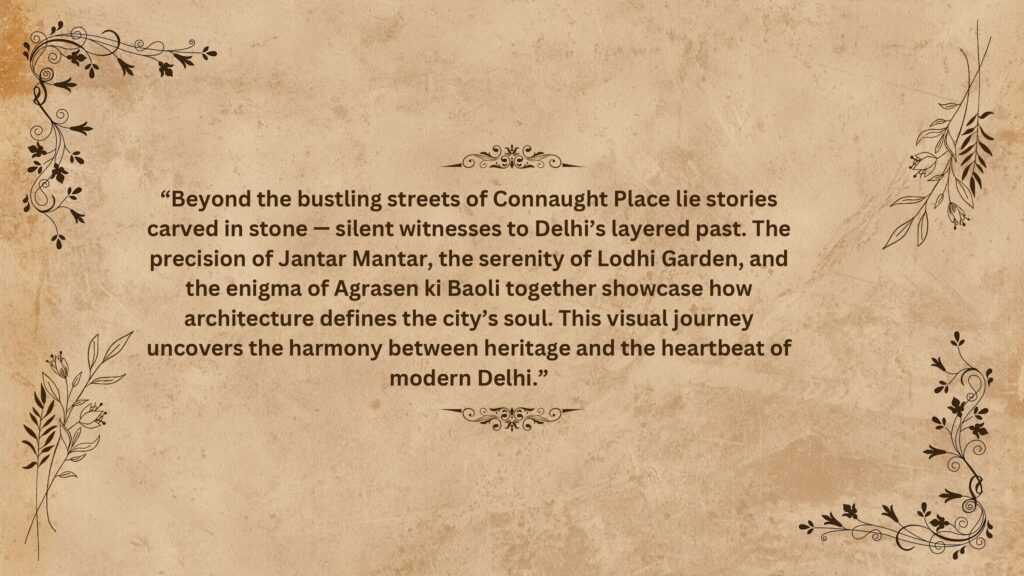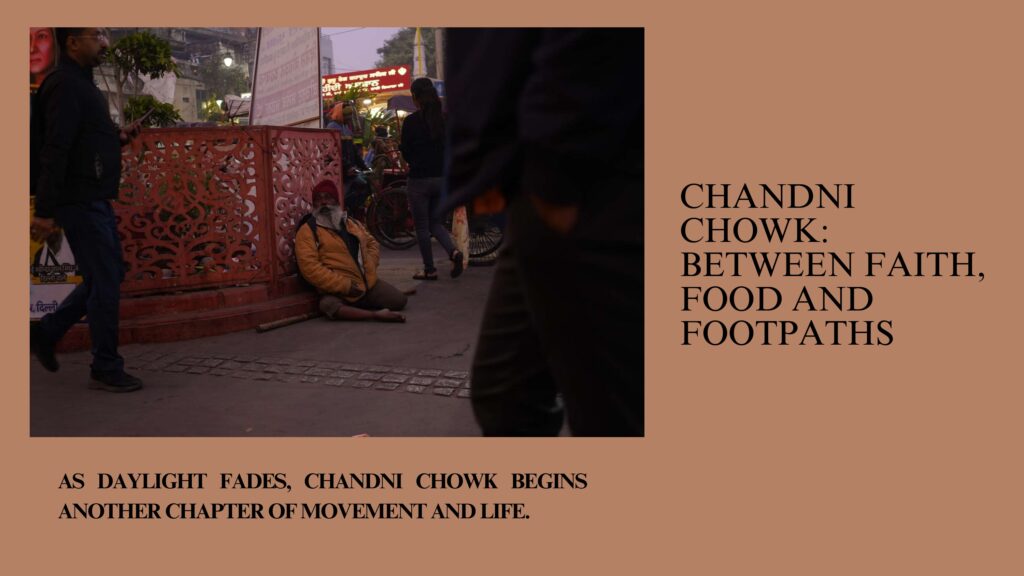
A Public Interest Litigation (PIL) has been filed in the Delhi High Court against Sunita Kejriwal, wife of Delhi Chief Minister Arvind Kejriwal, for allegedly recording and sharing court proceedings on social media.
The incident pertains to Arvind Kejriwal’s appearance in court related to the Delhi liquor policy case on March 28, 2024.The PIL was filed by advocate Vaibhav Singh, who argues that the recording and dissemination of the court proceedings violated the “High Court of Delhi Rules for Video Conferencing for Courts 2021.” These rules strictly prohibit any recording of court proceedings without explicit permission from the court. On the specified date, Arvind Kejriwal was produced before the Rouse Avenue Court by the Enforcement Directorate (ED) in connection with an alleged money laundering case. During the hearing, Kejriwal made several allegations against the ED, accusing it of running an extortion racket in favor of the Bharatiya Janata Party (BJP).Following Kejriwal’s court appearance, various social media platforms associated with the Aam Aadmi Party (AAP) began circulating audio and video clips of the proceedings. The petitioner, Vaibhav Singh, specifically mentions that Sunita Kejriwal reposted an audio clip initially shared by a user named Akshay on X, which then went viral with hashtags like.Money Trail Exposed By Kejriwal.”Singh contends that these actions were part of a deliberate strategy by Arvind Kejriwal and his party to manipulate public opinion and discredit the judiciary.
He argues that the widespread dissemination of these recordings aims to show the judiciary in a negative light, suggesting it operates under governmental pressure and bias. The petition emphasizes that recording court proceedings without permission is not only a breach of court protocol but also poses significant risks to the integrity of the judicial process and the safety of judicial officers.
Singh has called for a Special Investigation Team (SIT) to investigate the incident and for stringent penalties under the Contempt of Courts Act, 1971, to be imposed on those responsible. The petitioner believes that the unauthorized recordings and their dissemination were premeditated actions intended to influence public sentiment and undermine the judicial process. He asserts that this incident is a serious violation that requires immediate attention and corrective action to prevent future occurrences. The Delhi High Court has agreed to hear the PIL, recognizing the potential implications of such breaches on the judicial system. The court’s decision in this matter could set a precedent for how similar cases are handled in the future, ensuring the enforcement of rules regarding the recording and sharing of court proceedings.
This case highlights the intersection of politics and judiciary, where actions in the courtroom can have significant public and political repercussions. The outcome of this PIL will be closely watched by legal experts, political analysts, and the public, as it addresses the critical issue of maintaining the sanctity and integrity of court proceedings in the digital age. The Delhi High Court’s decision on this PIL could lead to stricter enforcement of existing rules and potentially the introduction of new regulations to safeguard the judiciary from similar incidents in the future. For now, all eyes are on the upcoming hearings, which promise to shed light on the alleged actions of Sunita Kejriwal and their broader implications.
Furthermore, the plea emphasizes the potential risks posed to the judiciary and the trial court judge due to the widespread sharing of the recordings. It contends that such acts could endanger the lives of judicial officers and undermine the integrity of the judicial process.The Delhi High Court is set to hear the PIL, which calls for immediate action and a thorough investigation to ensure that such breaches of court protocol are not repeated in the future. The outcome of this case could have significant implications for the handling of court proceedings and the enforcement of rules regarding the recording and sharing of judicial activities.
